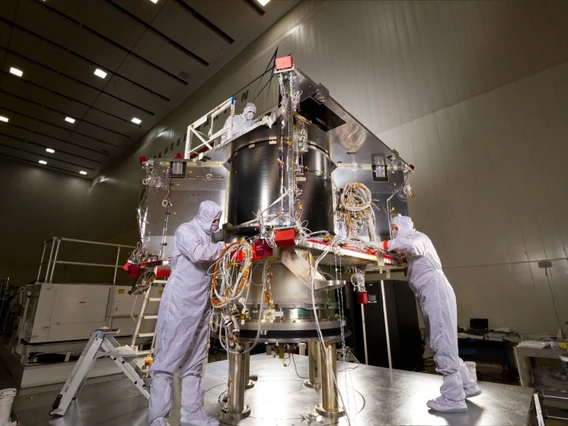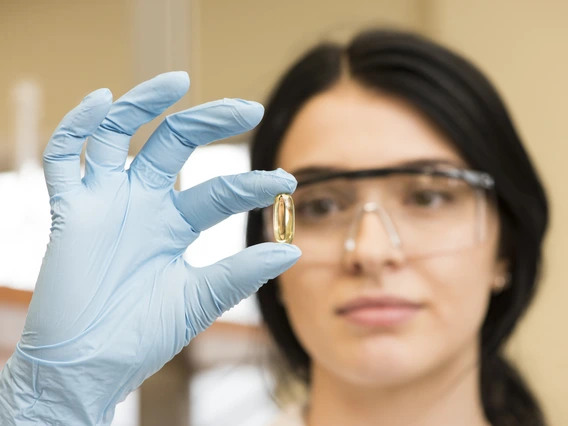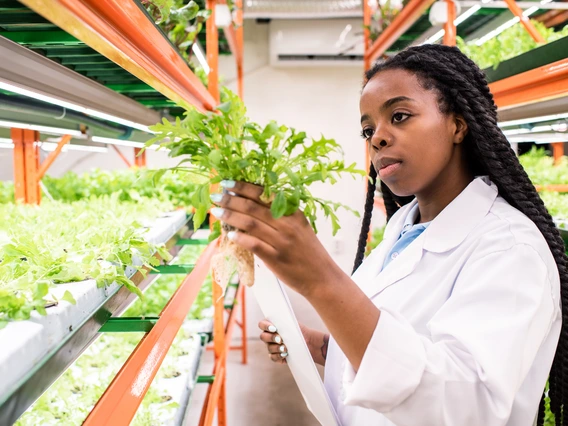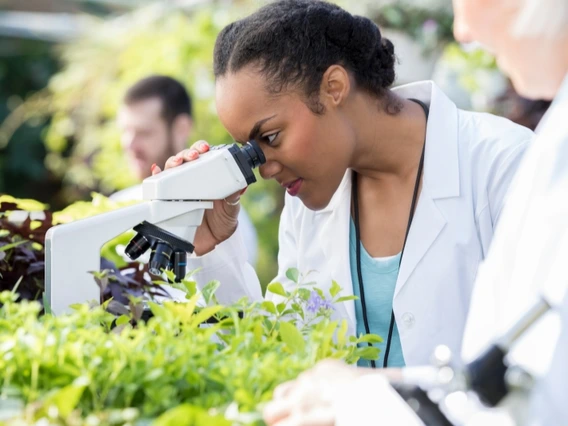Undergraduate Major Programs

Aerospace Engineering
Learn to design and maintain spacecraft, commercial aircraft, fighter jets, and more while developing working knowledge of aerodynamics, control system design, gas dynamics, solid and fluid mechanics, and thermodynamics. Explore opportunities to complete industry-sponsored capstone projects, some of which become commercial products.

Anthropology
Archaeological Sciences Emphasis
Sharpen analytical skills, develop logical arguments on sound data, and learn to understand the current human condition from the perspective of a nuanced historical perspective. Establish a foundation in traditional science classes, such as biology, chemistry and physics, for the in-depth study of archaeological methods and theories.

Applied Biotechnology
Build a solid foundation in microbiology, plant biology, food science, and nutrition with hands-on learning alongside faculty mentors and industry partners as you learn how to use microorganisms and plants in modern food production, medicine, and the chemical industry in biosciences careers in agriculture, food, or manufacturing.

Applied Biotechnology
Industrial Plant and Microbial Biotechnology Emphasis
Learn how to use plants and microbes to develop products and technologies that help improve our lives and the health of the planet with applications in many fields, such as agriculture, food processing, medicine, and the industrial production of biomolecules, biofuels, and other chemicals.

Bioinformatics
Apply computational techniques to manage, analyze, and understand biological information with highly sophisticated computational algorithms and tools coupled with the deep biological knowledge. The degree program will provide you with the knowledge and expertise in both computational and biological domains necessary to be competitive in this rapidly growing field.

Biosystems Analytics & Technology
Your interest in science, technology, big data, and analytics can contribute to solving the natural resources, food, energy, and health challenges of the future. Coursework combines biological, physical, and data sciences with technology to environmental, ecological, biological, and human challenges in careers at the intersection of science, technology, and analytics.

Environmental and Water Resource Economics
Prepare to become a responsible leader in the management of natural resources through coursework in quantitative methods, economics, politics and communication. You'll learn how to formulate policies for responsibly managing natural resources while gaining skills in business management, human resources, and food/fiber production.

Environmental Science
Leadership, Sustainability, and Communication Emphasis
Immerse yourself in environmental laws, regulations and policies to discover how to be part of a successful response to pollution, natural resource management and climate change. Learn to predict how landscapes change under the effects of climate, geology and land use, and what actionable steps are needed to create a sustainable future.

Environmental Science
Physical and Chemical Dynamics Emphasis
Learn how to apply scientific principles to environmental conservation and identify ways to overcome ecological challenges while integrating concepts from biology, chemistry, and physics to comprehend how different environments function as systems. Graduate ready to apply that understanding to the planet's most pressing issues related to soil, water, air, human health, and natural resources.

Environmental Science
Soil, Air, and Water Emphasis
Working in classrooms, labs and in the field, develop a broad scientific understanding of human influence on the natural world, from a molecular level to a global scale, and how environmental systems sustain climate, purify water, provide food and fiber, and remediate pollution.
Pagination
Environmental Themes
Career Fields












